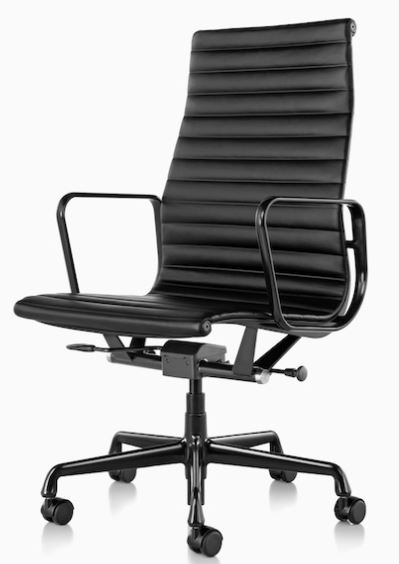Fashion Law Update – November 2021 edition
“Fashion is the armor to survive the reality of everyday life“
Bill Cunningham
In this edition of Fashion Law, we look at the emerging and evolving trends within the retail, luxury goods and fashion sectors post COVID-19 around the world.
In this edition, we focus on a few themes which include:
- Navigating a fashion brand’s transition to direct to consumer
- Important updates for brands selling goods in Europe
- Managing supply chain risk – the U.S. perspective
- Consumer Law in Australia
- What’s happening in fashion intellectual property?

